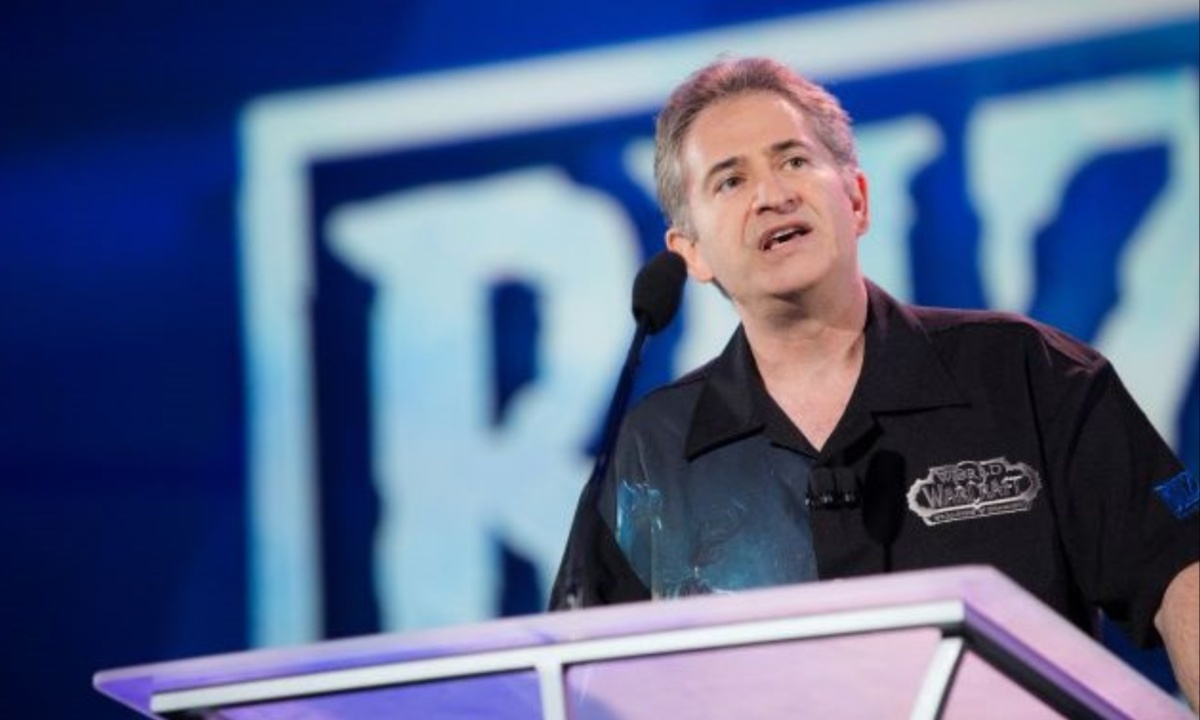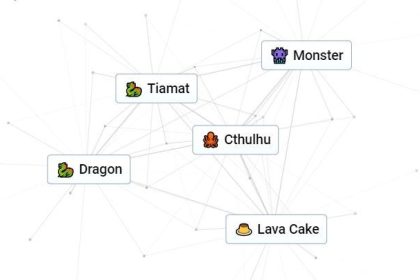In a recent interview with Bloomberg Live, former Blizzard president and CEO Mike Morhaime addressed the perception of a downturn in the gaming industry, suggesting that it has been “overstated.” Morhaime, who left Blizzard in 2019 and subsequently founded his own company, Dreamhaven, emphasized that the gaming sector is still thriving, with more people engaging in gaming than ever before.
He noted that his new studio has not yet experienced the downturn firsthand, as they have yet to release any products or attract customers.
Morhaime elaborated on the pandemic’s impact on gaming habits, explaining that during lockdowns, individuals sought entertainment through games and streaming platforms, leading to a surge in player engagement.
Many companies misinterpreted this spike as a permanent shift in consumer behavior, prompting significant investments based on an inflated view of demand. When usage levels reverted closer to pre-pandemic norms, businesses faced unexpected financial pressures, resulting in cutbacks and adjustments to align with realistic market trends.

The ongoing challenges facing the industry are evident in the widespread layoffs and restructurings at major companies, including Microsoft, Sony, and EA. While Morhaime acknowledges the reality of these downsizings, he attributes them partly to a necessary correction following the pandemic.
He recognizes that while the industry’s growth trajectory may appear compromised, it is essential to understand the context of temporary fluctuations rather than a fundamental decline in the sector.
Additionally, Morhaime pointed to the increasing competition within the market as a contributing factor to the current challenges. With approximately 15,000 games released annually on platforms like Steam, developers are finding themselves in a crowded environment where differentiation and consumer retention are increasingly difficult.
This intense competition can lead to a rise in the failure rate of new games, especially in the live service segment, which has seen notable casualties such as Redfall and Concord.
While Morhaime’s perspective highlights the idea of a post-pandemic correction, the complexities of the gaming industry’s current situation are multifaceted.
Alongside market saturation, experts also note the rising costs of game development and the consequences of large-scale mergers and acquisitions, which contribute to the industry’s volatility. As the market continues to evolve, understanding these dynamics will be crucial for both new and established studios trying to succeed amid these changes.







